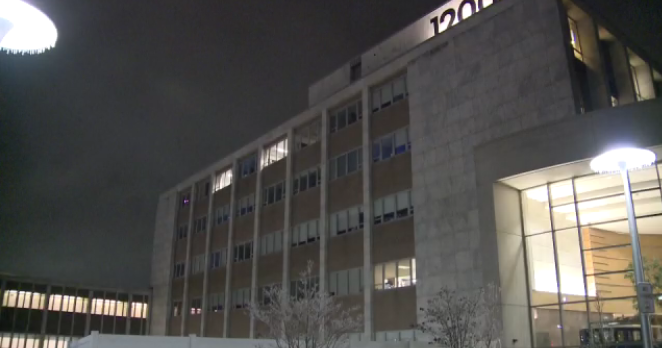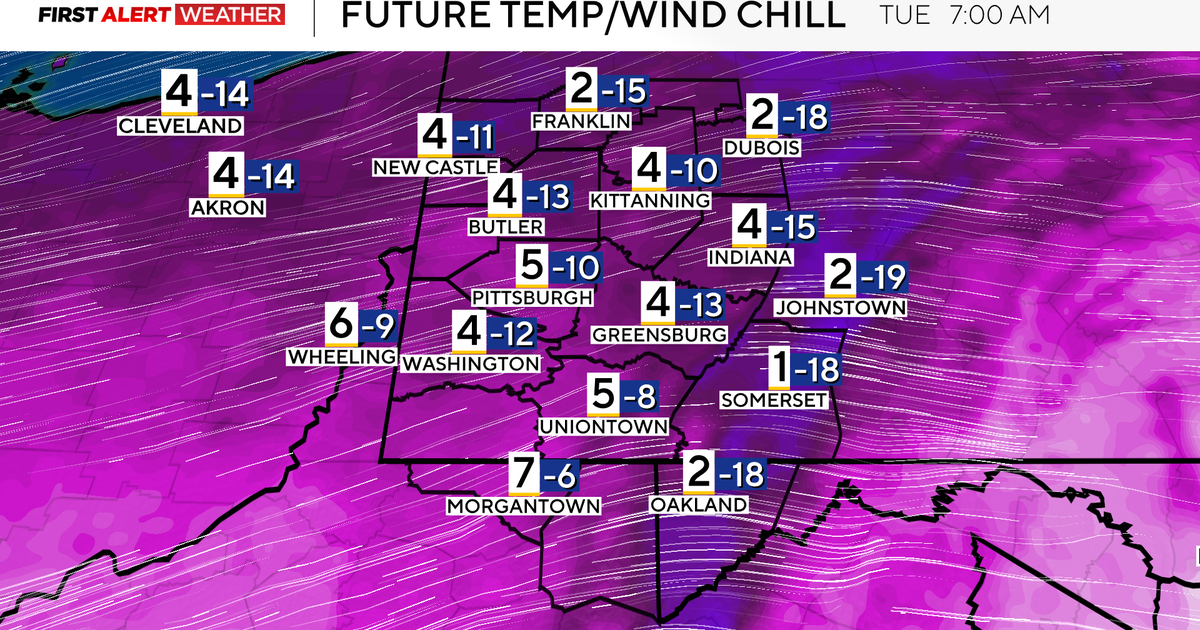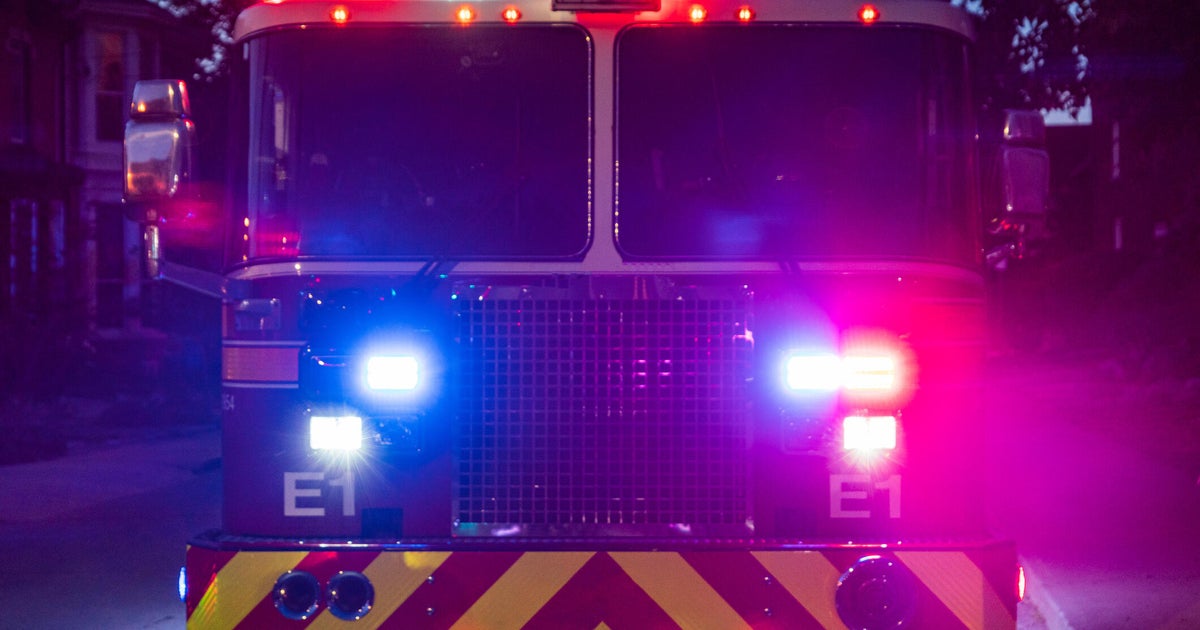Legionnaire's disease cases traced to cooling tower at popular New Hampshire resort
LINCOLN, N.H. – Health officials in New Hampshire said five cases of Legionnaire's disease have been traced to a cooling tower at a popular resort in downtown Lincoln.
New Hampshire Legionnaire's cases
The New Hampshire Department of Health and Human Services and Division of Public Health Services said Monday that the cases were tied to contaminated water droplets from a cooling tower behind the RiverWalk Resort.
Each person who developed the bacterial pneumonia visited the area in June or July.
The owners of RiverWalk are working with the state to address the contamination. Additional test results from the cooling tower are expected next week, health officials said.
The cooling tower is still in operation while measures are put into place, so health officials said there continues to be some risk of exposure to people within half a mile.
According to the RiverWalk website, the resort remains open.
What is Legionnaire's disease?
According to New Hampshire health officials, most healthy people exposed to Legionella bacteria do not get sick. Older people, current or former smokers, people with weakened immune systems, or others with certain medical conditions are at a higher risk for contracting Legionnaire's disease.
"Anybody who has visited the area near the contaminated cooling tower should monitor themselves for symptoms," said New Hampshire state epidemiologist Dr. Benjamin Chan. "People who develop fever or other symptoms of pneumonia within 14 days after spending time in this area should talk to their healthcare provider about testing for Legionella infection."
Health officials said Legionella bacteria can grow in water systems infect people who breathe in droplets from showers, hot tubs, faucets, cooling towers, misters, and decorative fountains.
A Legionnaire's outbreak at Hampton Beach in 2018 sickened 18 people and killed one. The cause was tracked to a resort hot tub.







